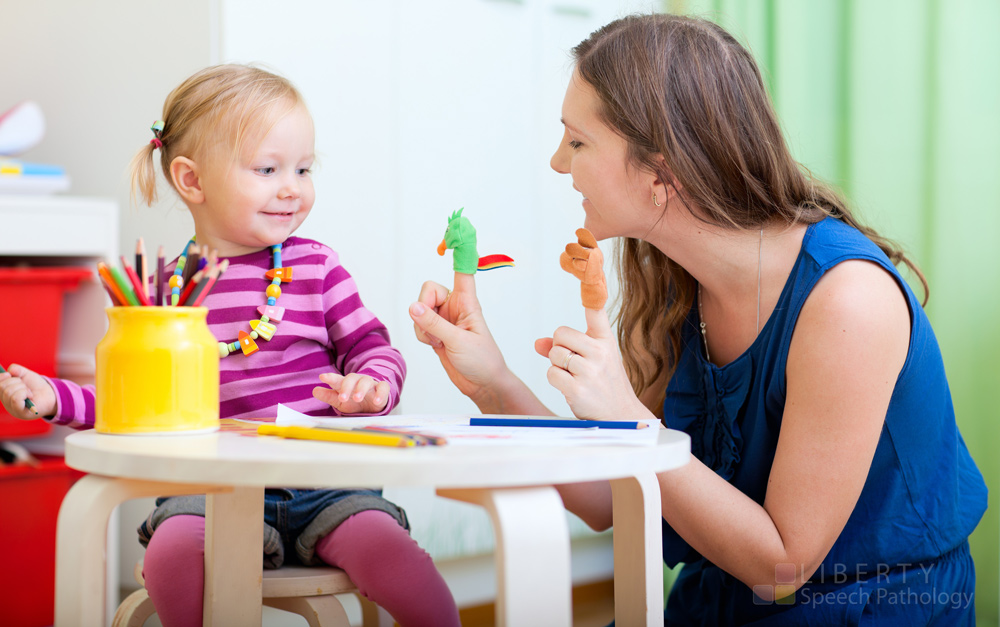What is Speech Pathology?
Who needs to see a Speech Pathologist?

A Speech Pathologist is qualified to assess and provide treatment to people with communication difficulties. A Speech Pathologist is called a Speech-Language Pathologist in America and a Speech and Language Therapist in the UK.
One in seven Australians has some form of communication disability. This means that one in seven people has a problem understanding other people or being understood by people.*
Communication disorders include difficulties with speaking, listening, understanding, fluency, reading and writing.
According to Speech Pathology Australia*:
- Children with Autism, Down Syndrome and Cerebral Palsy often begin their life with a communication impairment.
- 20% of four year old children have difficulty understanding or using language.
- 14% of 15 year olds only have basic literacy skills.
- Children with language impairments are six times more likely to have a reading problem than children without.
- 46% of young Australian offenders (eg in juvenile detention centres) have a language impairment.
- There is a high correlation between communication difficulties and poor mental health.
- Three in every 1000 newborns have hearing loss, which without intervention can affect their speech, language and literacy.

People with communication disorders may feel frustrated, angry or embarrassed as they try to communicate with people.
Research shows that speech and language disorders in childhood can lead to difficulties with reading and spelling, difficulties with school curriculum, social challenges and low self-esteem. Further long term outcomes include risk to mental health, limited employment options and social isolation.
Seeing a Speech Pathologist as early as possible can help your child to achieve their best and put them on the path to successful communication!
*Speech Pathology Australia publication: “Communication Impairment in Australia”

